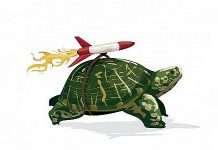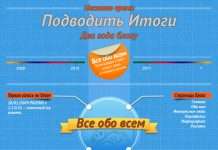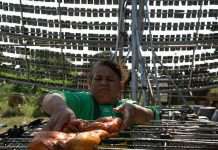A cornerstone statistic used to justify agricultural policies and guide scientific research for over half a century is now under scrutiny. A recent study published in PNAS Nexus reveals that the claim that irrigation agriculture produces 40% of global crops and consumes 70% of freshwater resources is based on shaky evidence, propagated largely through hearsay rather than rigorous data analysis.
This widely cited statistic has permeated over 3,500 documents ranging from research papers to policy briefs, shaping global discussions around food security and water management for decades. Yet, the origins and validity of these figures have remained elusive until now. The University of Birmingham researchers who conducted this new study found that a staggering 98.5% of documents referencing these percentages don’t provide original data to support them. Many simply cite previous works without verifying the source information or even explicitly mentioning the 40:70 figures.
Dr. Arnald Puy, lead author of the study and an associate professor at the University of Birmingham, explained that this widespread reliance on unverified claims might stem from their simplicity and emotional impact. “The numbers are easily digestible, conveying a clear-cut picture of complex issues,” Dr. Puy said. “But real-world challenges in balancing food production and water use often defy such simplified representations.”
Irrigation’s Role: More Nuance Than Numbers Suggest
Furthermore, the study exposes significant variability in current data regarding irrigation’s impact on both food security and water consumption. Estimates place the percentage of global crops attributable to irrigation anywhere between 18% and 50%, while its share of freshwater withdrawals falls within a wide range of 45% to 90%. These are considered conservative estimates, meaning the actual figures could fluctuate even more widely.
Seth N. Linga, a Ph.D. researcher at the University of Birmingham and co-author of the study, underscored this ambiguity: “The data paints a contradictory picture. Irrigation could be viewed as either minimally significant for global food production or absolutely crucial; it might be incredibly water-inefficient or remarkably efficient.”
This lack of clarity has critical implications as world leaders gather for COP30 in Brazil to discuss pressing environmental challenges. Dr. Puy argues that this renewed scrutiny on the basis of long-held assumptions about irrigation is timely and vital. “It’s essential that we critically examine the data underpinning policy decisions concerning food security, especially regarding water use,” he emphasizes.
The study calls for greater transparency and rigor in quantifying the role of irrigation in global agriculture. Moving forward, policymakers and researchers alike must demand more robust evidence to inform decisions about vital resources like water, ensuring they are effectively allocated to meet both food needs and environmental sustainability goals.









































